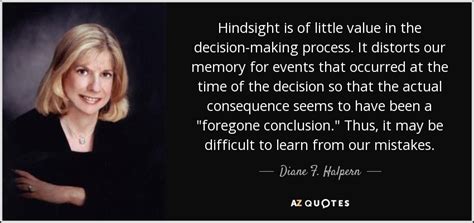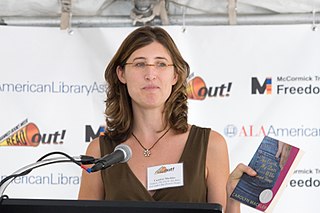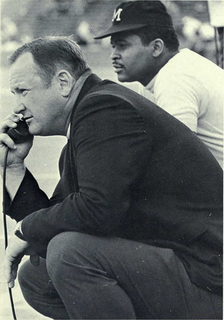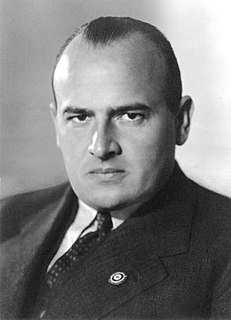A Quote by Colin Powell
In the military, we are also taught to only use one third of the available decision-making time, so that our subordinates have time to go through their own decision processes when they learn what we want them to do.
Related Quotes
Decision-making is difficult because, by its nature, it involves uncertainty. If there was no uncertainty, decisions would be easy! The uncertainty exists because we don't know the future, we don't know if the decision we make will lead to the best possible outcome. Cognitive science has taught us that relying on our gut or intuition often leads to bad decisions, particularly in cases where statistical information is available. Our guts and our brains didn't evolve to deal with probabilistic thinking.
Making a decision to be a public figure isn't their choice right now. I don't think it's fair. Even though they're beautiful and I love them, they haven't made that decision yet. I've been chased through airports with a screaming baby because the photographers are ruthless, and they want the picture.
Time cools, time clarifies; no mood can be maintained quite unaltered through the course of hours. When you make a decision to "be" a particular way, you can count on change and external circumstances to come along which will challenge that decision. Remain vigilant after declaring a major decision and manage yourself in relationship to the goal. Set up structures that support you staying on target.
There is no independence of law against National Socialism. Say to yourselves at every decision which you make: "How would the Führer decide in my place?" In every decision ask yourselves: "Is this decision compatible with the National Socialist conscience of the German people?" Then you will have a firm iron foundation which, allied with the unity of the National Socialist People's State and with your recognition of the eternal nature of the will of Adolf Hitler, will endow your own sphere of decision with the authority of the Third Reich, and this for all time.
The constant drive for campaign dollars has distorted decision-making in Washington, DC, to the point where our systems can no longer effectively address complex, long-term problems like the climate crisis. Which brings me to my other major concern - the short-term focus of capitalism. It distorts the allocation of resources and the decision-making processes of companies.












































